We may earn money or products from the companies mentioned in this post. This means if you click on the link and purchase the item, I will receive a small commission at no extra cost to you … you’re just helping re-supply our family’s travel fund.
The best trips rarely hinge on luck. Seasoned travelers learn that safety, calm, and freedom come from what stays out of sight as much as from what gets photographed. Pickpockets, data thieves, and casual opportunists tend to hunt for easy targets, not puzzles. So the careful ones tuck valuables in less obvious places, keep certain details off screens, and leave very little for strangers to read about their lives. The payoff shows up quietly, in uneventful evenings and stress-free flights home.
Cash And Backup Cards In Separate Stashes
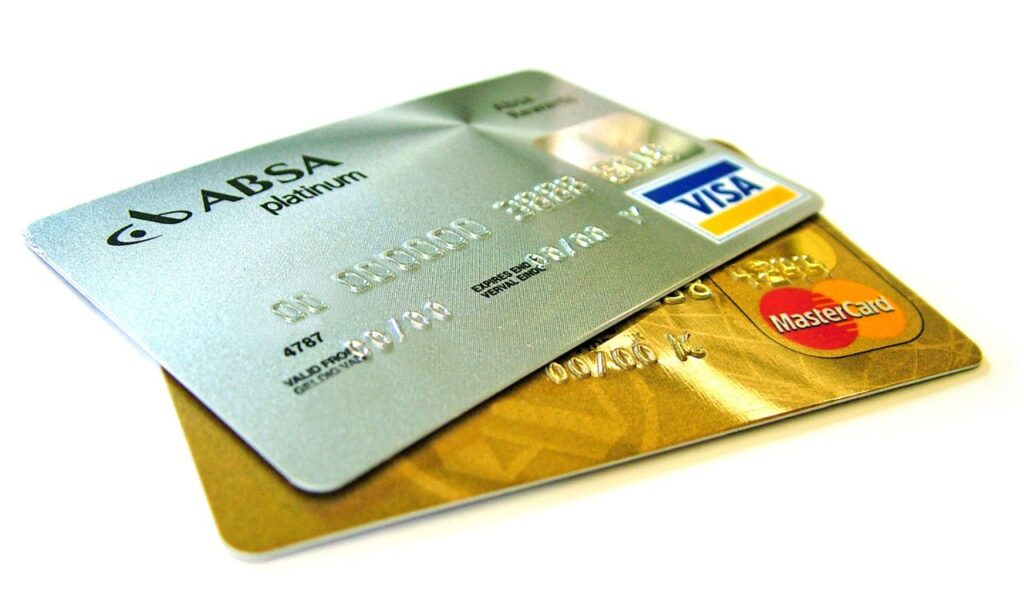
Smart travelers almost never walk around with a whole trip’s worth of money in a single wallet. They split cash and cards between a small, everyday wallet and hidden backups in money belts, interior pockets, or hotel safes. That way, a lost bag or quick theft becomes an inconvenience, not a disaster. Even in low-crime destinations, this habit keeps budgets intact and gives travelers room to keep exploring instead of racing to cancel everything in a panic.
Passports And Identity Documents Out Of Sight

Passports, national ID cards, and extra photos stay tucked away, not flashed around like souvenirs. Many experienced travelers carry a photocopy or digital scan for check-ins while the physical passport rests in a locked bag or safe. They avoid leaving documents near room doors or open suitcases where staff and other guests can glimpse details. Guarding identity information this way protects against both old-school theft and modern forms of fraud that can linger long after the trip ends.
Obvious Signs Of Wealth On The Street
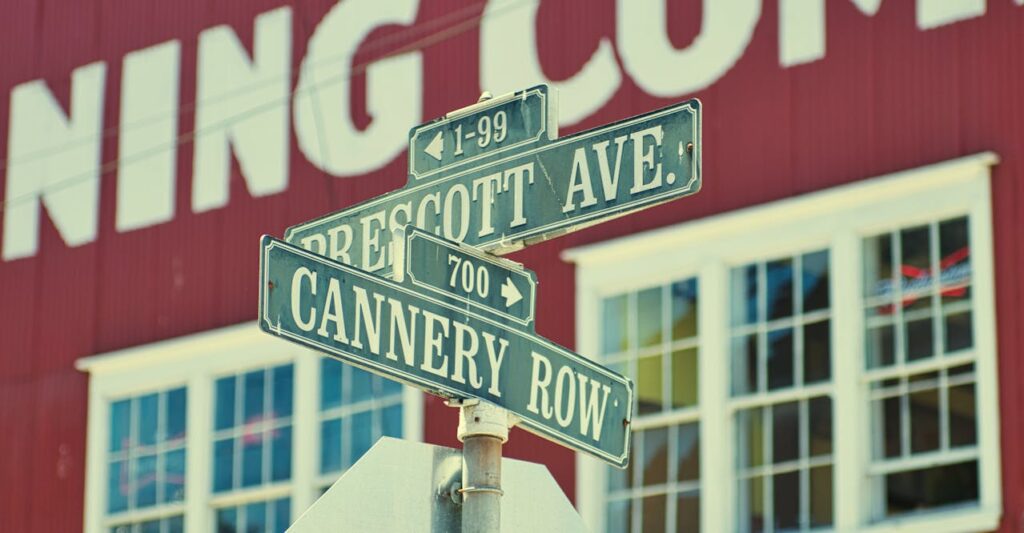
Tourists who glide through cities with heavy jewelry, flashy watches, and designer logos give thieves a clear shortlist of targets. By contrast, cautious travelers leave heirlooms at home, keep accessories low-key, and sometimes switch to cheaper-looking decoy items. They walk with phones tucked away instead of dangling from back pockets. The goal is not to hide success, but to offer less temptation. When strangers cannot easily guess who carries the most value, everyone in the group moves with more ease.
Real-Time Location On Social Media
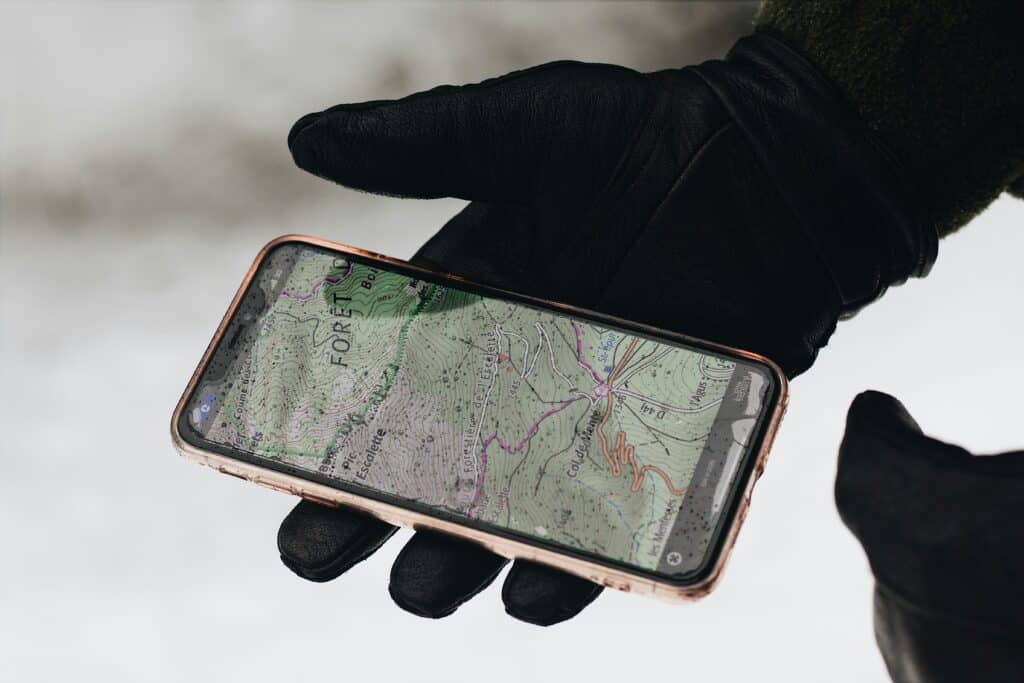
Posting every location tag in the moment might feel fun, but it also creates a map for strangers to follow. Experienced travelers often delay uploads, share photos after leaving an area, or turn off precise location settings entirely. Friends still see sunsets and market scenes, just not in a way that lets anyone predict the next stop or hotel. This small layer of delay helps keep both personal safety abroad and home security more firmly in the traveler’s own hands.
Expensive Tech When Not In Use
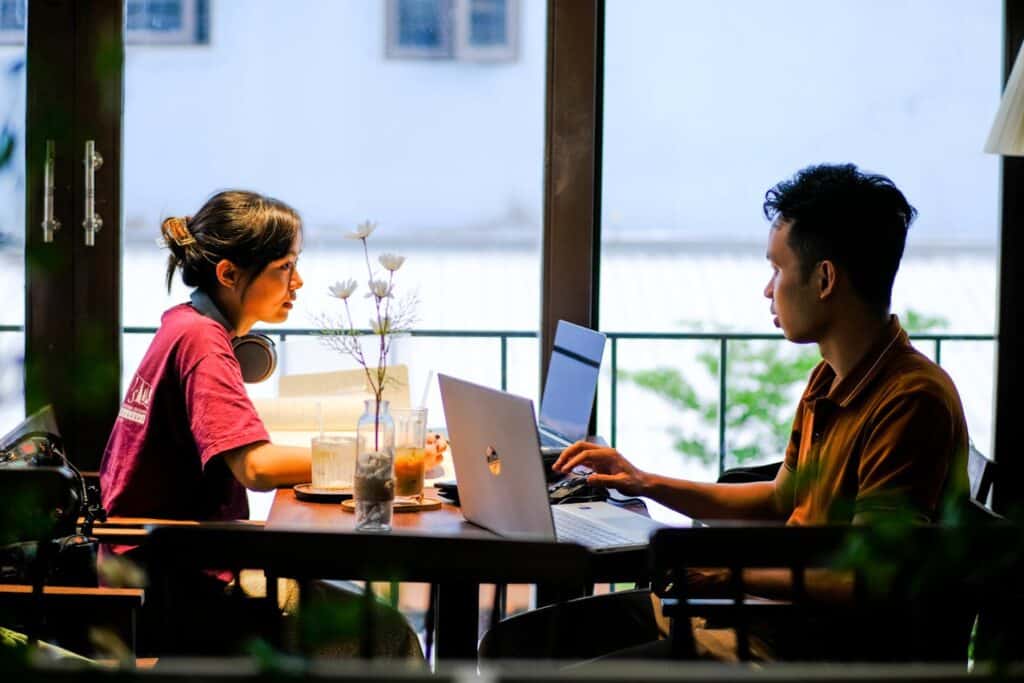
Modern trips often involve laptops, tablets, cameras, and noise-canceling headphones, all of which draw attention when left unattended. Seasoned travelers lock unused gear in hard-to-move bags, use cable locks in shared spaces, or store items in hotel safes rather than spreading them across beds and tables. In transit, they keep electronics in zipped, nondescript backpacks instead of glossy branded cases. By making gadgets less visible and less accessible, they quietly lower the risk of both theft and accidental damage.
PINs, Passwords, And Sensitive Codes
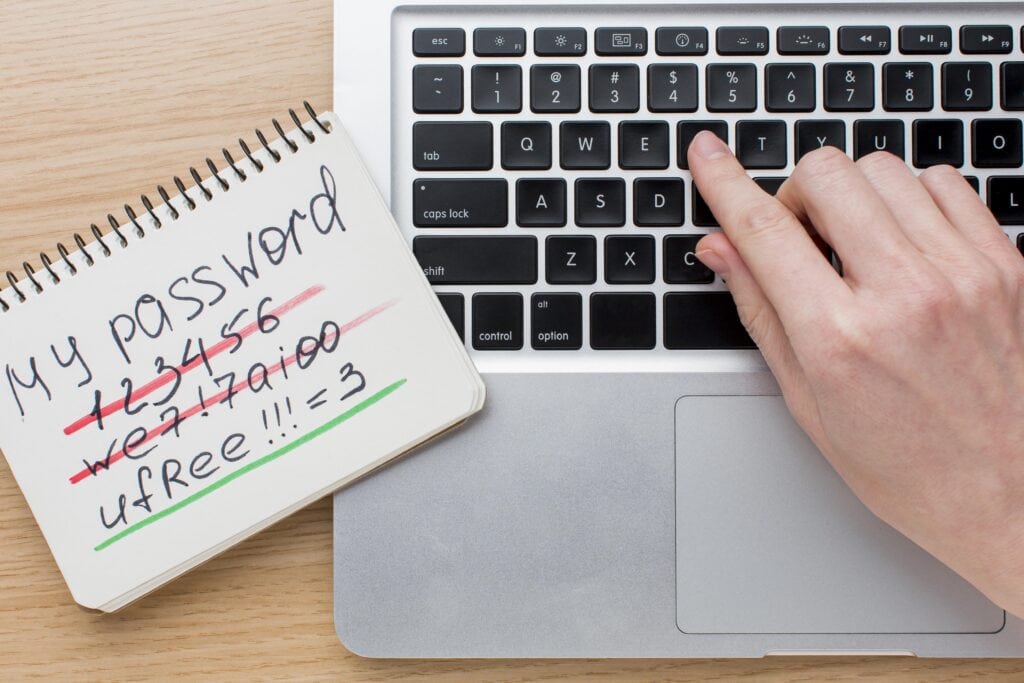
Sticky notes with PINs, notebooks full of login details, and screenshots of banking apps are exactly what a thief hopes to find in a lost bag. Smart travelers rely on password managers, use biometric unlocks where possible, and keep written hints vague enough to be useless to strangers. They avoid sharing Wi-Fi passwords or device codes with newly met acquaintances. That way, even if a phone or wallet disappears, the rest of their digital life stays out of reach.
Prescription Medications And Medical Details
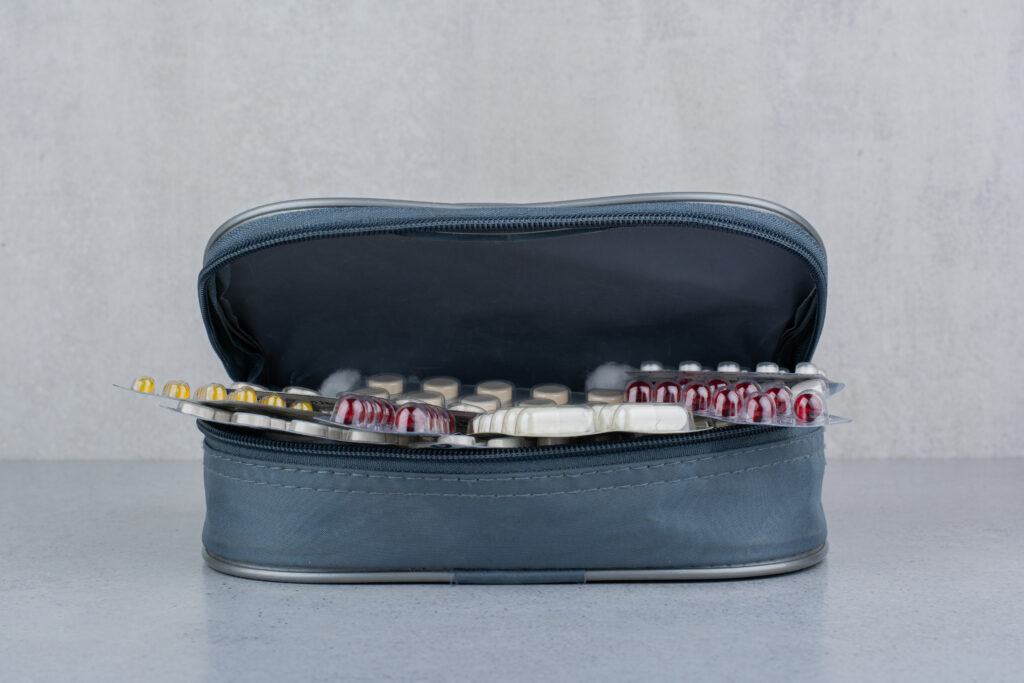
Prescription bottles in plain view can reveal health conditions and invite awkward questions or misuse. Thoughtful travelers transfer pills to labeled organizers and keep original documentation in a discreet folder, brought out only for customs or medical staff. They store backups in separate bags in case one kit is lost. By keeping medications and paperwork mostly hidden, they protect both privacy and continuity of care, ensuring treatment remains available without broadcasting vulnerabilities to casual observers.
Emergency Cash And Contact Information
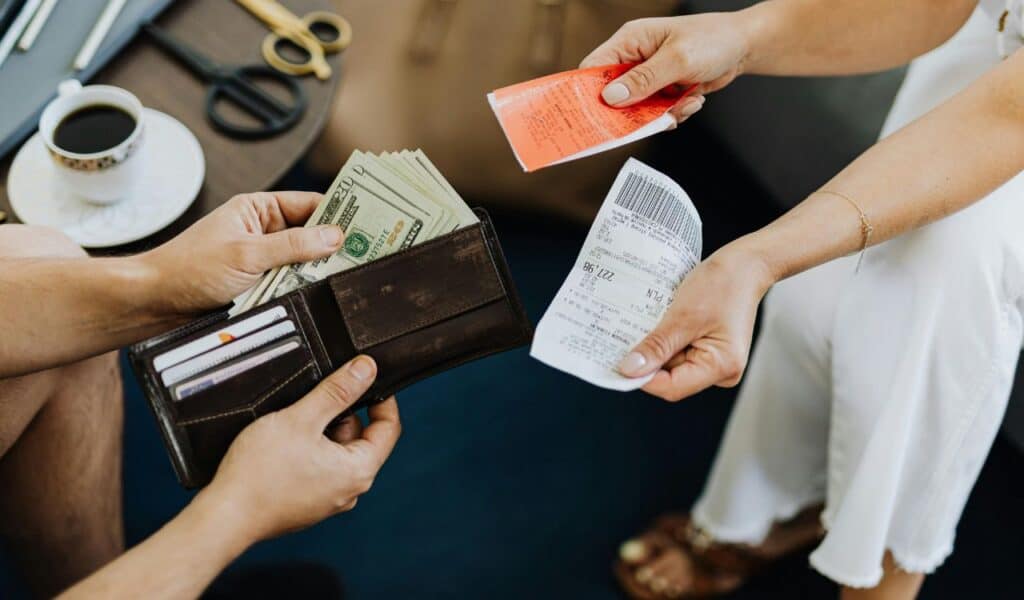
Beyond daily spending money, many travelers maintain a quiet emergency stash that almost no one else knows about. This might include a small envelope of local and home currency, plus a card with critical phone numbers and embassy details. They place it in a spot unlikely to be searched first, such as inside a sewn pocket or under a removable insole. That hidden reserve becomes a lifeline in rare but serious situations like lost cards or closed banks.
Valuables In Hotel Rooms During The Day
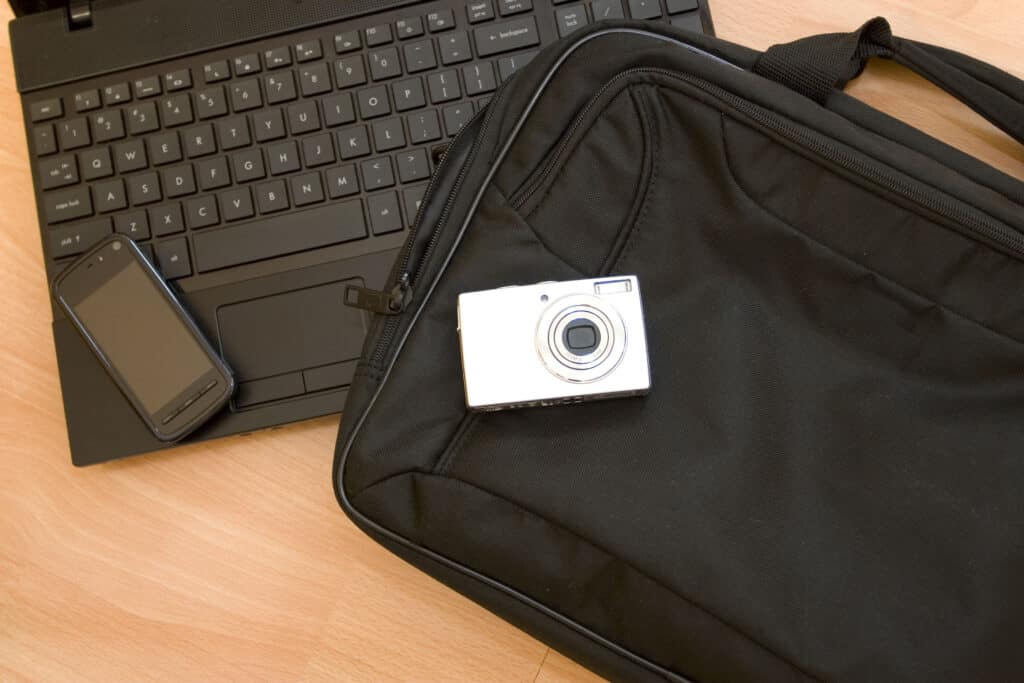
Leaving cameras, laptops, and jewelry on a hotel nightstand invites trouble, even in reputable properties. Experienced guests use travel safes, lockable bags attached to fixed furniture, or secured suitcases tucked out of sight. They avoid broadcasting that expensive gear or cash is stored in a specific place by constantly opening and closing the same drawer. The aim is to give honest staff an easier day and reduce temptation for anyone who might be wavering.
Frustration, Bragging, And Private Conversations

Not everything worth hiding is physical. Complaints about money, arguments over plans, or loud bragging about income and valuables can draw unwanted attention in cafés, lobbies, and train cars. Smart travelers keep financial talk quiet, save disagreements for private spaces, and treat personal stories as something to share selectively. That restraint helps them blend in, respect local spaces, and avoid becoming the group everyone remembers for the wrong reasons.
Other Blog Posts You Might Enjoy
www.idyllicpursuit.com (Article Sourced Website)
#Smart #Travelers #Hide #Vacation #Idyllic #Pursuit
